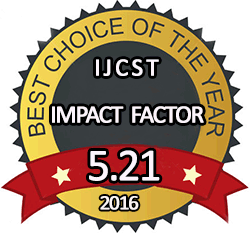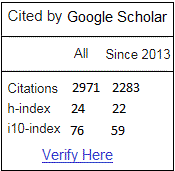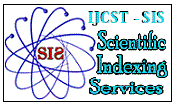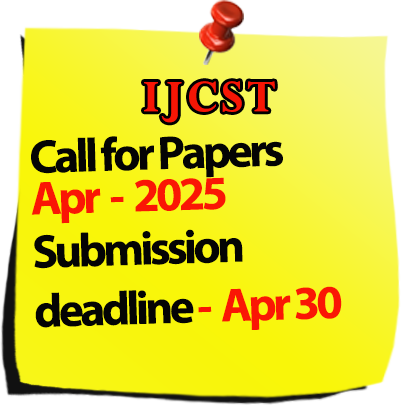IJCST-International Journal of Computer Science Trends and Technology
Call for Paper : 
Welcomes Conference Proposals
The majority of manuscripts that journal editors receive are unsolicited. Some journals, however, only accept papers that they have invited. Some manuscripts will be of extremely high quality, but others papers will be borderline in terms of the scope of the journal and quality of work. With any paper submitted you will have to decide whether this is what the readers want or need and this is where peer reviewers come in.
The quality of peer reviewers is extremely important to the quality of a journal. Peer review helps to uphold the academic credibility of a journal—peer reviewers are almost like intellectual gatekeepers to the journal as they provide an objective assessment of a paper and determine if it is useful enough to be published.
Types of peer review
Single blind review
The names of the reviewers are hidden from the author. This is the traditional method of reviewing and is the most common type by far.
Reviewer anonymity allows for impartial decisions – the reviewers will not be influenced by the authors.
Authors may be concerned that reviewers in their field could delay publication, giving the reviewers a chance to publish first.
Reviewers may use their anonymity as justification for being unnecessarily critical or harsh when commenting on the authors’ work.
Double-blind review
Both the reviewer and the author are anonymous.
Author anonymity prevents any reviewer bias, for example based on an author's country of origin or previous controversial work.
Articles written by prestigious or renowned authors are considered on the basis of the content of their papers, rather than their reputation.
Reviewers can often identify the author through their writing style, subject matter or self-citation.
More information for authors can be found in our Double-Blind Peer Review Guidelines.
Open review
Reviewer and author are known to each other.
Some believe this is the best way to prevent malicious comments, stop plagiarism, prevent reviewers from following their own agenda and encourage open, honest reviewing.
Others see open review as a less honest process, in which politeness or fear of retribution may cause a reviewer to withhold or tone down criticism.
More transparent peer review
Reviewers play a vital role in academic publishing, yet their contributions are often hidden. Three ESRG journals now publish supplementary review files alongside the articles on ScienceDirect.
Acknowledges the important role of reviewers
Enriches published articles and improves the reading experience
Submit Your article:
editor1ijcst@gmail.com
Frequency:: 6 issues per year.
ISSN : 2347 - 8578.
Subject : Computer Science & Engineering.
Published By: Eighth Sense Research Group .
For Board Members:
editor@ijcstjournal.org















